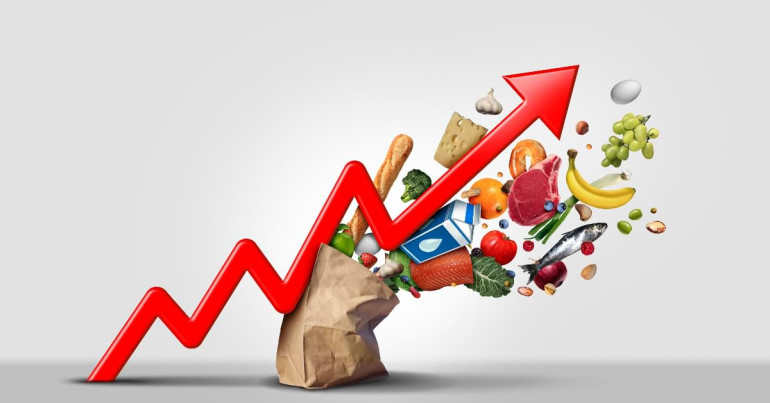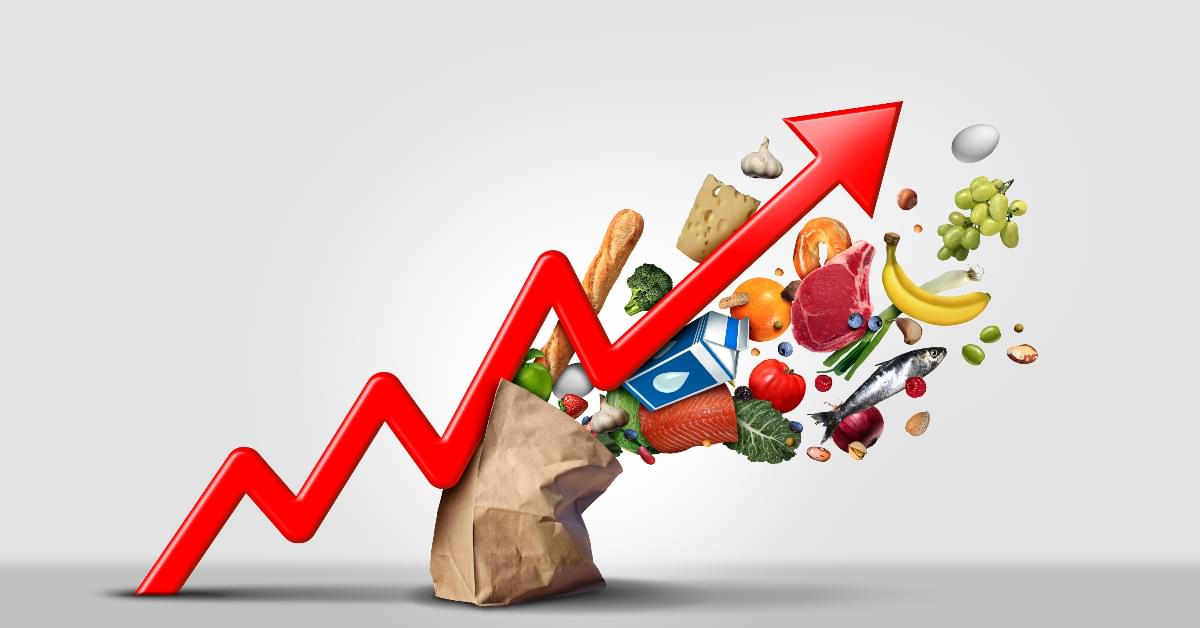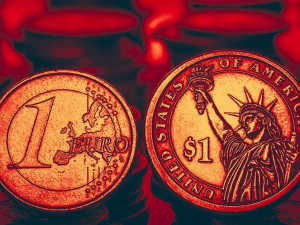
Inflation has a strong impact on the entire economy, including businesses and consumers. Inflation causes higher prices for goods and services, and can cause a lack of consumer confidence. Within this article we will be defining what inflation is, how it’s measured and its impact within the economy.

How is inflation measured?
Consumer Price Index (CPI)
The headline measure of inflation is Consumer Price Index (CPI) which measures the percentage change in the price of a basket of goods and services consumed by households. These goods and services are broken into eight major groups: food and beverages, housing, apparel, transportation, medical care, recreation, education, and communication.
Usually inflation is measured by comparing the cost of things today with how much they cost a year ago. The average increase in prices is called the inflation rate. Currently, in the UK the CPI is at the highest level it’s been in 40 years at 10.1%. The continued rise in inflation has been caused by a range of factors, including surging prices for energy, gas and fuel, partially due to the Ukraine-Russia conflict.
Consumer Price Index with housing (CPIH)
CPIH is a relatively new way of calculating the inflation rate for UK consumer price index which includes owner occupiers’ housing costs (OOH). Estimates for housing costs include interest payments on mortgages and council tax. As a result, it provides a more indepth coverage of consumer prices and the rise in costs within the economy.
CPIH is used as an alternative measure of inflation and can be valuable to get a broader sense of how inflation is impacting a specific economy.
Retail Price Index (RPI)
Retail Price Index measures the monthly change of prices for goods and services purchased by households within the UK. RPI is a long-established inflation metric used since 1947. Previously, the RPI was the official statistic published by the ONS but has been replaced by CPI over the years.
Goods measured using RPI include university accommodation costs, unit trust charges and foreign student tuition fees.
What factors impact the inflation rate?
Increase in production costs
Cost-push inflation occurs when overall prices increase due to increases in the cost of wages and raw materials. The Inflation rate within an economy is impacted by a range of factors. These factors are a combination of both internal and external circumstances. Currently, external factors have negatively affected countries around the world.
This includes the Covid-19 pandemic and the Ukraine-Russia conflict. As a result, supply chains for importing and exporting goods have been hampered. Consequently, businesses have found it increasingly difficult to deliver goods within a timely basis. Additionally, this also impacts the price of producing and purchasing goods from overseas suppliers. The increased production costs are then passed onto the consumer through higher costs for products.
A surge in demand for products and services with limited supply
Another major contributing factor to higher inflation is a surge in demand without additional supply. This is common for consumer goods such as luxury cars and watches. The cost of living crisis has been caused partially from the increase in prices for gas and electricity for households. Due to impacted supply chains and limited access to petrol, this has resulted in a sharp surge in prices.
In cases where goods and services are a necessity, such as electricity, it might be necessary for governments to regulate prices by limiting price increases, providing subsidies or grants to households. Such initiatives tend to be implemented during a severe economic downturn. As electricity prices have risen throughout the year, households have ultimately been impacted. Countries within Europe such as the UK, France and Italy are providing financial support to households.
An increase in the money supply within an economy
From the supply side, the increase in the amount of money in circulation within an economy can contribute towards inflation. Central banks use several methods, called monetary policy, to increase or decrease the amount of money in the economy. This includes notes and coins as well as bank deposits. In order to increase the money supply, banks can use methods such as printing more money, reducing interest rates or introducing quantitative easing. Central banks can also increase interest rates as a tool to control inflation. Higher interest rates result in higher borrowing costs, therefore making saving money more attractive.
Nonetheless, increasing the money supply can cause the value of a currency to decrease. When a specific currency declines relative to the value of foreign currencies, the prices of imports rise.
What is stagflation?
Stagflation occurs when inflation remains high, but a country’s economy is not growing and its unemployment is rising. Usually, when unemployment increases, consumer demand decreases as people watch their spending more closely. This decrease in demand lowers prices, helping to recalibrate your purchasing power.
When stagflation happens, however, prices remain high even as consumer spending decreases, making it increasingly expensive to buy the same goods.

How can you protect your investments from inflation?
There are various ways to protect your investments and savings. An initial approach would be working out how much to put aside as an easy-access emergency fund. The Money Helper service suggests that you should save for emergencies. As a result, should the unexpected happen such as what has occurred over the past several months, you’ll be ready.
It is also recommended to diversify your investment portfolio and what you invest in. In this instance, if inflation impacts one part of your investments, it doesn’t completely wipe out your entire financial portfolio.
Another way of ensuring that your investments are not completely susceptible to market fluctuations is by planning in advance. Putting together a financial plan can help to safeguard your investments by ensuring a particular amount of money is saved or invested each month for example. Utilising different strategies to combat inflation will help you save more money over time.
What’s the best way to send money abroad?
With inflation expected to reach 18% by the end of the year, finding ways to optimise your international money transfers is imperative. Here at CurrencyTransfer we ensure that both individuals and businesses are assisted by our dedicated relationship management team with their money transfers. Their expertise is at your disposal, whether you need to make an urgent wire transfer or put in place a currency hedging strategy.
Once you’ve created an account, you’re ready to trade via our global payments network and use tools such as rate alerts and market orders. Ensuring your money and data is safe is our top priority. We offer a tailored customer experience and provide support throughout the process of transferring money internationally.
Omari Coates
Copywriter
Florence Couëdel
Editor



